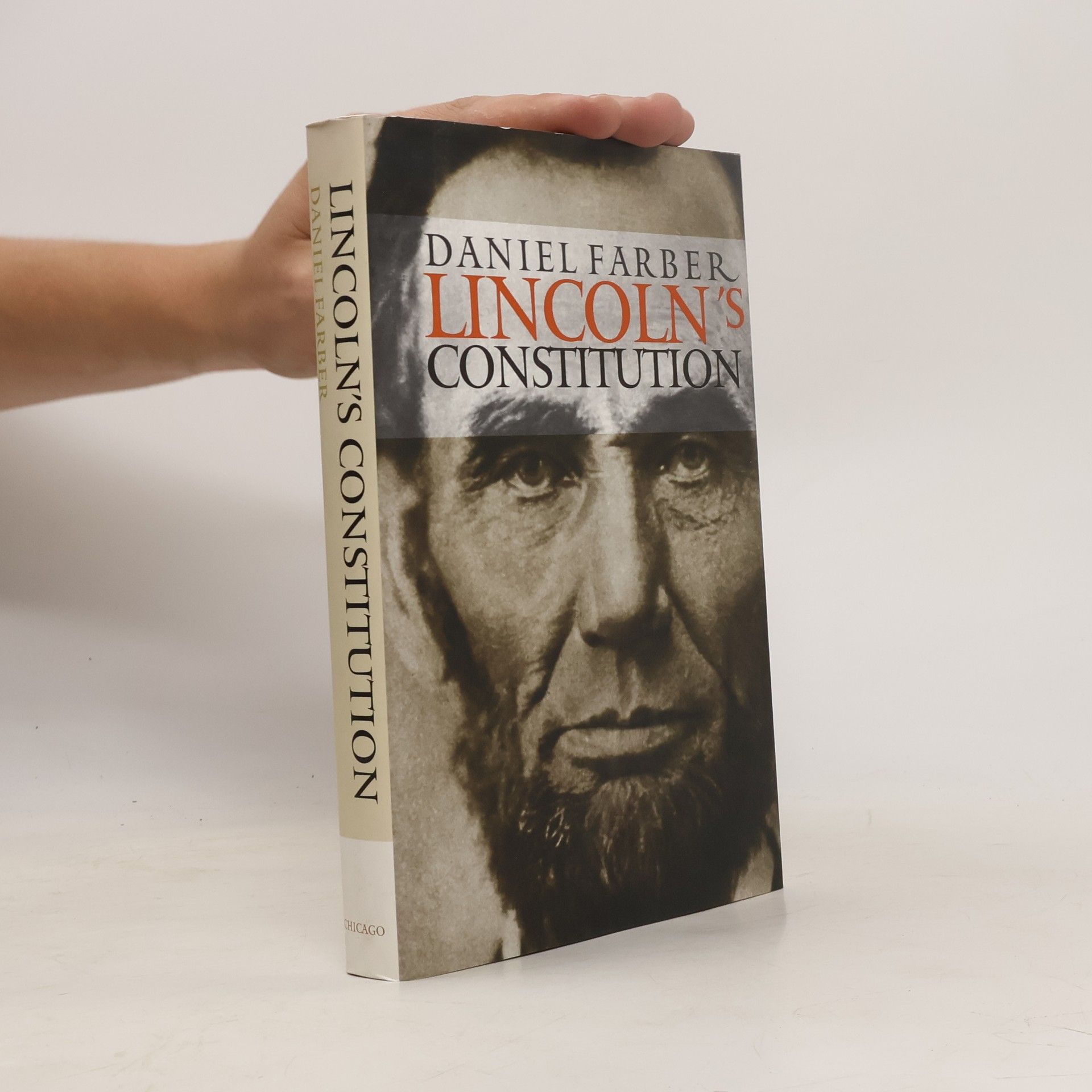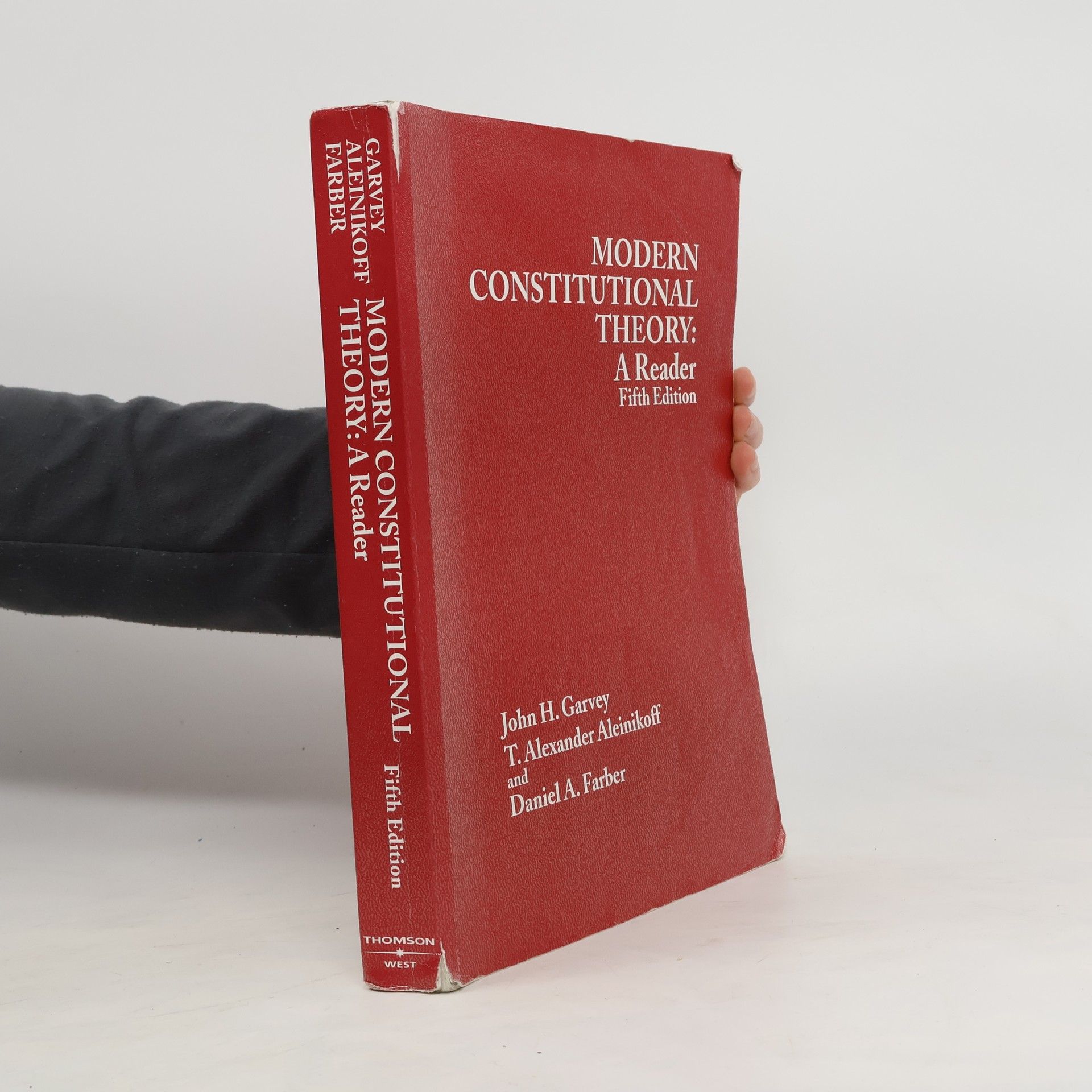Modern Constitutional Theory. A Reader
- 820 Seiten
- 29 Lesestunden
This work can be used as a supplement in law school constitutional law courses, or as a text for a course in constitutional theory. It first examines current influential theories of the Constitution, then examines various proposals for interpreting the Constitution, and then covers judicial review. Other chapters correspond with the major topics covered in constitutional law casebooks. The authors ask what and whose purposes are served by existing rules, and inquire whether some other organization is preferable. The selections take opposing positions on each subject, to make students aware of existing conflicts and to facilitate class discussion.



